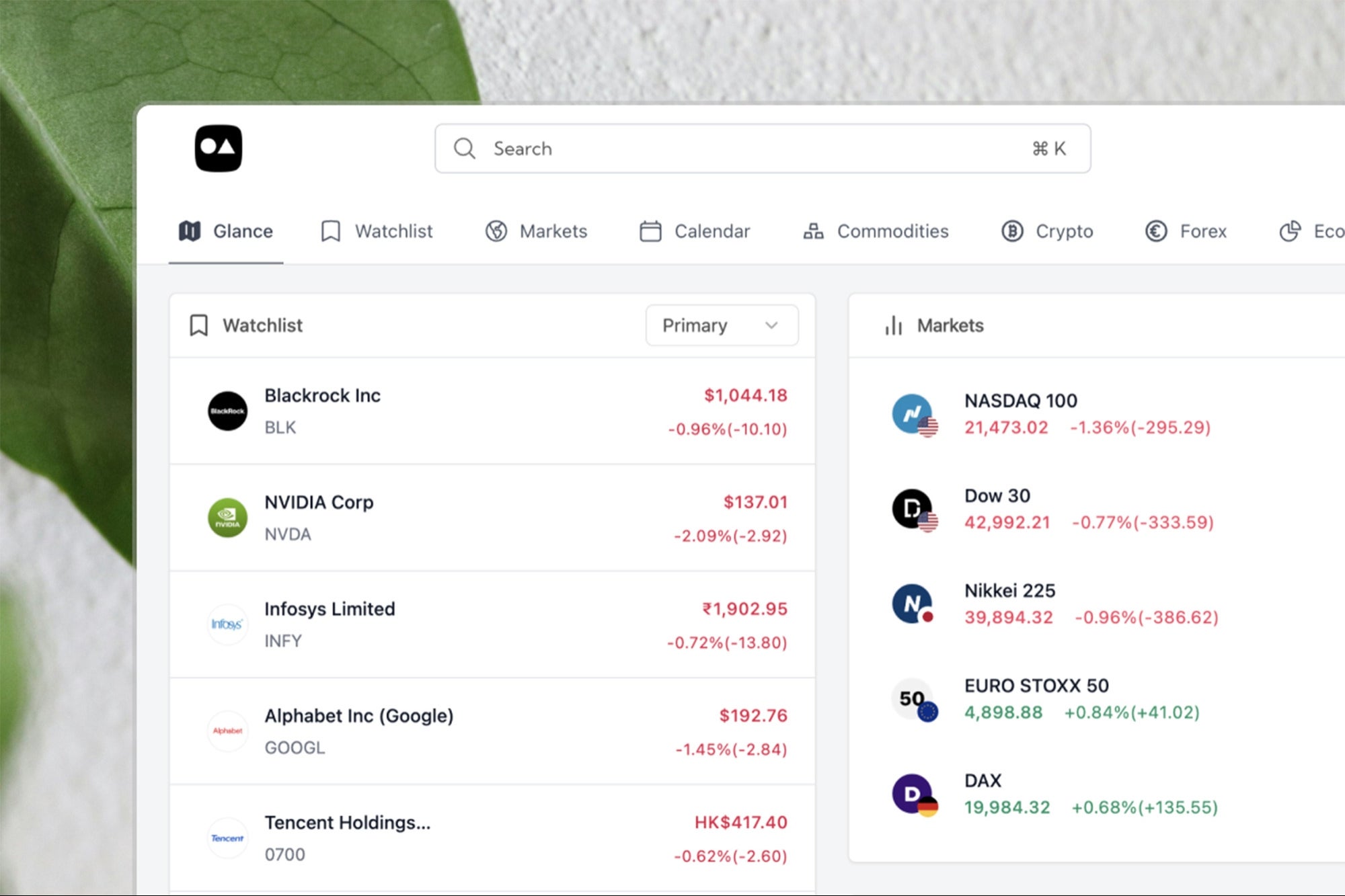These Airlines Now Allow Personal Electronic Devices US Airways and United are the latest to expand the use of personal electronic devices in flight. Check out what other airlines are no longer asking passengers to shut down before take off.
This story originally appeared on CNBC

One by one, airlines have begun allowing passengers to expand the use of personal electronic devices since the Federal Aviation Administration said it would start approving applications. So far, only a handful of airlines have the all-clear, and some have more exceptions than others.
US Airways and United are the latest to secure approval from the FAA.
US Airways on Nov. 7 said "customers on US Airways domestic mainline flights will now be permitted to use small PEDs during all phases of flight." Its US Airways Express flights do not have FAA approval.
United Airlines on Nov. 6 adopted the new rules on all domestic mainline flights arriving or departing within the 50 states. The new rules do not apply to United Express flights, but United said it is working with its with its regional partners to make that happen by the end of the year.
American Airlines on Nov. 4 said the new rules apply to "American's entire mainline fleet as well as regional aircraft operated by American Eagle Airlines." However, it does not yet apply to American Eagle flights operated by SkyWest Airlines, ExpressJet Airlines, Republic Airline or Chautauqua Airlines, American spokesman Matt Miller told CNBC.
Delta Air Lines as of Nov. 1 allows "portable electronic devices below 10,000 feet on mainline U.S. domestic flights," according to its website. However, "Delta Connection's more than 550 regional aircraft will be ready by the end of the year."
JetBlue on Nov. 1 "adopted the new rule completely, all JetBlue flights," company spokesman Mike Miller told CNBC.
(This list will be updated.)
The FAA has received a handful of other plans and hopes to approve them quickly, agency spokeswoman Kristie Greco said.
Some are still preparing the paperwork. Alaska Airlines "will apply to the FAA for approval very soon," Paul McElroy said in an email to CNBC.
The new rules generally add the ability for passengers to use their smartphones, e-readers, electronic games and tablets during taxi, takeoff and landing as long as they have the device in airplane mode with cellular service disabled. Voice calls will still be prohibited and laptops will still need to be stowed for taxi, takeoff and landing.
The FAA, in its announcement Oct. 31, said there would be only limited exceptions to the new rules. "In rare instances of low-visibility, the crew will instruct passengers to turn off their devices during landing."
The new rules, the FAA made clear, do not yet apply to all fliers.
"Due to differences among fleets and operations, the implementation will vary among airlines, but the agency expects many carriers will prove to the FAA that their planes allow passengers to safely use their devices in airplane mode, gate-to-gate, by the end of the year," the FAA said in its Oct. 31 announcement.
The American Eagle rollout is one early example of how the new system may be confusing. Since some American Eagle regional flights are operated by other airlines, those flights will be certified by the FAA. Those approvals are expected by the end of the year, Matt Miller said. (Passengers can find out by checking the "operated by" line on their flight status notification on AA.com, he said.)
The same goes for Delta's nine carries operating under the Delta Connection banner, according to Delta Air Lines spokesman Paul Skrbec.
But where the new rules are in place, there is happiness in the land.
"Customer feedback has been terrific. We've had more than one instance of customers cheering on planes," Skrbec said.
"It has gone swimmingly as far as I'm aware," American's Miller said a day after the new rules were adopted. The airline will have to change its safety videos, but in the meantime the flight crew is providing guidance to passengers about the new rules.











